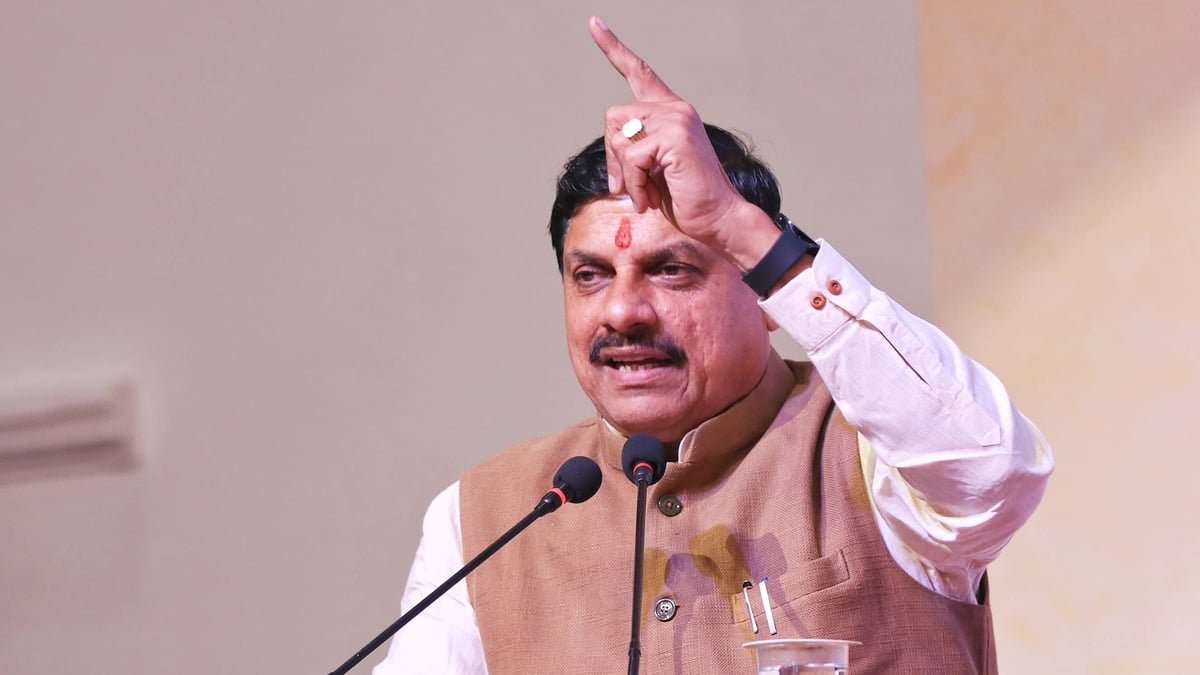Mumbai: As Finance Minister Nirmala Sitharaman prepares to present the Union Budget 2025-26 on February 1, stakeholders in the education sector are voicing their expectations, demanding increased education funding, research and development (R&D) investment, and global opportunities for Indian students.
Prof. VN Rajasekharan Pillai, Vice-Chancellor of Somaiya Vidyavihar University, Mumbai, highlighted the need for enhanced infrastructure in school education and greater focus on science, technology, engineering, and mathematics (STEM) fields in higher education.
“Support for internationalisation, including subsidies for Indian students studying abroad, could promote global exposure,” he told the FPJ, while also calling for investments in digital education and skill development to improve employability.
Devasheesh Mathur, Assistant Professor at International Management Institute (IMI), New Delhi, pointed out the need for increased funding in indigenous research, beyond STEM, to social sciences and humanities.
While praising the adoption of ‘One Nation One Subscription’ (ONOS) for research access, he noted, “We need to invest in publishing high-class research without depending on Western outlets. If we want more Indian institutions to become global knowledge hubs, investing in research and industry-academia collaboration is crucial,” Mathur told the FPJ.
Prateek Bedi, Assistant Professor of Finance and Accounting at IMI emphasised the gap in education funding, with the budgetary allocation for education remaining at 2.5% of the total budget and just 0.37% of GDP—far below the NEP 2020’s recommended of 6%.
“The government should focus on strengthening public education infrastructure, reversing school closures, and addressing teacher shortages to ensure equitable access,” he urged.
On the industry front, Vivek Prasad, Executive Director at Avalon Consulting, called for practical implementation of the NEP. “The focus must be on quality rather than quantity, ensuring better utilisation of existing funds while allowing institutions flexibility in digital and physical infrastructure investments,” he suggested.
The edutainment sector also expects support for experiential learning. Tarandeep Singh Sekhon, Chief Business Officer at KidZania India, urged incentives such as tax benefits for skill-based education and public-private partnerships to create immersive learning experiences.
Dilip Gangaramani, Founder of Target Learning Ventures, stressed the need for investments in play-based learning, teacher training, and specialised innovation labs for robotics and astronomy. “Bridging the digital divide and ensuring equitable access to quality education, especially for marginalised communities, must be a top priority,” he said.
The budget is also expected to focus on the role of artificial intelligence (AI) in education. Anish Shah, CFO of Zee Learn Limited, highlighted AI’s potential in transforming learning experiences. “It’s essential to harness AI to improve student outcomes, enhance teaching, and prepare students for success in an AI-driven world,” he said.
On international education, Sachin Jain, Country Head at ETS India & South Asia, emphasised the importance of workforce readiness through skill development and language proficiency. “Strengthening international collaborations and easing pathways for Indian students abroad will boost India’s global talent mobility,” he said.
Industry leaders also stressed the need to make global education more accessible. Aritra Ghosal, Founder of OneStep Global, urged the government to expand financial support for students studying abroad by reducing tax collection at source (TCS) rates and increasing subsidies. “Streamlining regulatory frameworks for foreign universities in India will also enhance domestic options,” he added.
With education playing a critical role in India’s long-term economic and social progress, Budget 2025-26 is expected to address these concerns by prioritising research, accessibility, and global mobility in the education sector.




